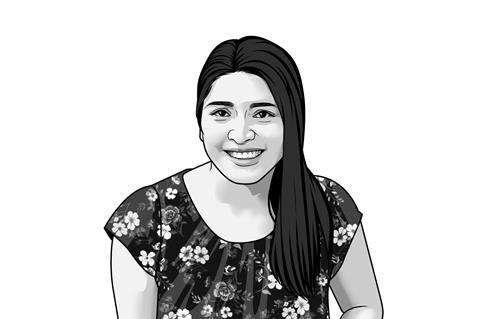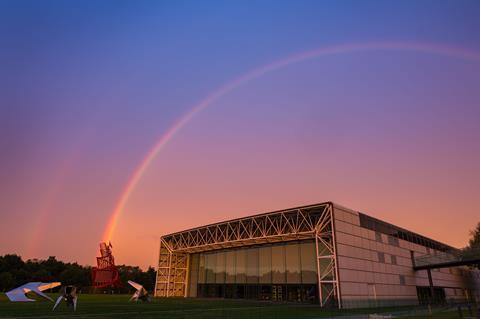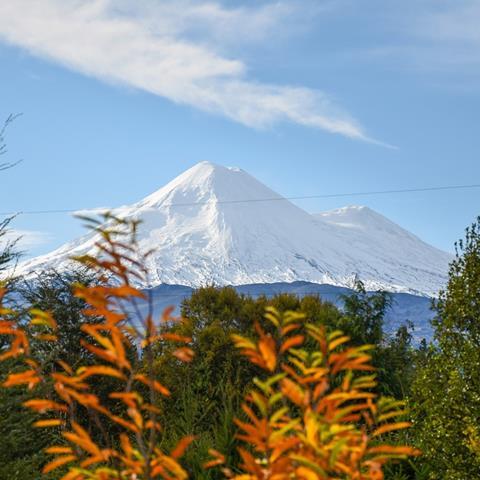My journey to become a scientist, starting in Chile and ending up in the UK, has had many learning stages.
Going back to my undergraduate studies, I was always curious about microbes and how they can grow everywhere. If they can grow that fast on an agar plate, what about in the environment? I studied Biology and always enjoyed being outdoors. In Chile, we have options to explore diverse habitats, including the Pacific coast, lakes, volcanoes, deserts, forests, and mountains. It is a perfect place to study environmental microbiology! But I wanted to be a scientist in Europe.
My former PhD advisor in Chile, Prof. Michael Seeger, had several collaborations in Germany, and he used to have German scientists visiting our lab. I really liked the idea of being a scientist in Germany and I knew one of the requirements of my PhD programme was to do a research internship abroad. I always knew it would be Germany. One day, Michael told me that he had invited Prof. Ralf Conrad, Director of the Biogeochemistry Department at the Max Planck Institute for Terrestrial Microbiology (MPItM), to join our conference. It was my chance to introduce myself to him if I wanted to do my research internship in Germany. I made sure Ralf visited my university. He was very kind and happy to discuss my research and my ideas to join his lab. I was a visiting PhD student in his lab one year later. I was so nervous when I started! It was supposed to be for six months only, and my plan was to return to Chile and work as a scientist there. Life had other plans for me.

When I finished my research stay, Ralf called me and said that I should put an application to the Alexander von Humboldt Foundation to become a Research Fellow in Germany. Since I knew I wanted to be back in Europe after my PhD, I made sure to publish almost every chapter of my thesis. I knew I was competing with all other applicants from Latin America, so I needed to have a strong CV. I did nothing but focus on writing papers. I was lucky as I was living alone and had no responsibilities. Of course, I thought I would never get it, but I got it and one week after I finished my PhD, I was back in Germany working as a Research Fellow at the MPItM.
It was then five years of living in Germany. I was a scientist, a wife, and a mother. I knew my dream job would end the day that Ralf retired (MPI rules). One day, my husband told me that he had received an offer to work in the UK. I thought this was a brilliant opportunity because the UK is known for its strong science. I immediately looked at Independent Research Fellowships. I found that NERC and Royal Society were suitable for me, but I didn’t know the system and had never worked at a university.
In the UK, I realised the importance of mentors. I was first a Visiting Fellow at the University of Southampton, followed by a short contract as Research Associate. Being at the University of Southampton was very important for me because it allowed me to understand the system. It was at Southampton where I met Prof. Tim Leighton FRS, my first British mentor. Tim guided me through the system of fellowships, and he was always there when I needed help. After a short, but very important, research stay in Germany hosted by Prof. Chris Tebbe, whom I had also met at a conference, I received an offer to become a Senior Research Associate at the University of East Anglia (UEA) in the UK, working with Prof. Colin Murrell, with whom I had, again, also met at a conference. It was during this time that I decided to submit, once again, my proposal to the Royal Society Dorothy Hodgkin Research Fellowship scheme and this time my proposal was awarded. I started my own lab at UEA in October 2021.

My arrival as a scientist in the UK was a bit bumpy, like when planes land on a windy day. There are two common factors in my journey: mentors and conferences. Apart from being passionate about science, mentors and conferences were crucial for the success of my position. If I had to share my top tips, they would be to talk to people, discuss science, be friendly, and respect everyone.








No comments yet